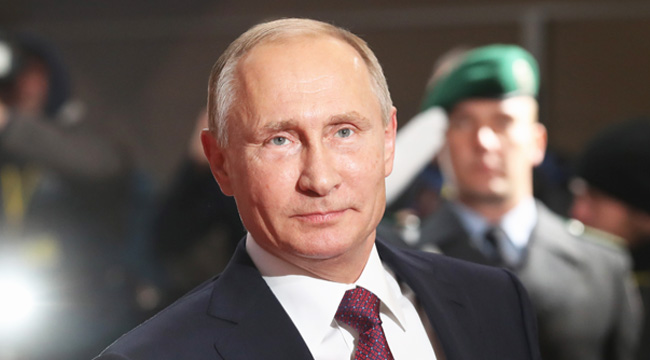
President Trump and Vladimir Putin might have felt chummy in Asia last week, but tensions between Washington and Moscow are still high. The tit-for-tat approach that started with diplomatic properties and sanctions has now extended to classifications for press outlets, as Russian Parliament voted to label international press outlets as “foreign agents.” That’s a direct response to the move by the U.S. to force Russia Today, the Kremlin’s state-run media outlet, to register as a foreign agent in response to paid advertising purchased by RT to influence the U.S. election last year.
That’s bad news for journalists trying to operate in Russia, who already faced numerous obstacles in a country that lacks free press protections. For years, there have been not only roadblocks designed to keep reporters from digging too deep, but mysterious deaths, too, like that of Anna Politkovskaya. This move isn’t just retaliation against the United States, but signals yet another crackdown on Russian reporters. Denis Krivosheev, the deputy director for Europe and Central Asia at Amnesty International, noted this:
“This legislation strikes a serious blow to what was already a fairly desperate situation for press freedom in Russia. Independent media outlets and journalists face reprisals and risk attacks on an almost daily basis. Many have been forced out of the mainstream Russian media space. This latest legislation takes obstacles for media working in Russia to a new level.”
Indeed, it will be easier than ever now for Russia to expel foreign journalists who are working on stories Moscow doesn’t find favorable. Even Russian MP Leonid Levin freely admits that “if there are unfriendly actions” from any country, its news organizations could be labeled foreign agents and banned. The Guardian reports that some of the first American targets might be Radio Liberty, Voice of America, and CNN.
Who knows which outlets might be added to that list — or what words and deeds will be considered “unfriendly” enough to prompt a ban. Angela Merkel of the U.K. has recently been outspoken about Russia’s influence in Europe. Will that qualify as a transgression? That remains to be seen, but apparently this initial decision was an easy one for Parliament. Speaker Vyacheslav Volodin indicated that “it’s a long time since we’ve been so unanimously agreed.” Chilling words indeed for anyone tasked with keeping the ink flowing under the Kremlin’s long shadow.
(Via The Guardian)
